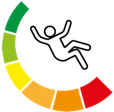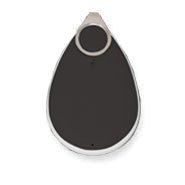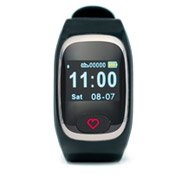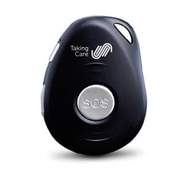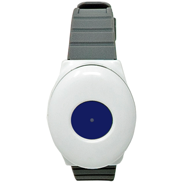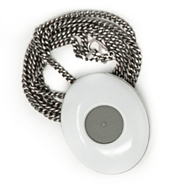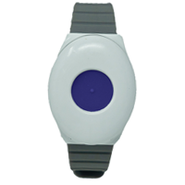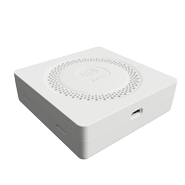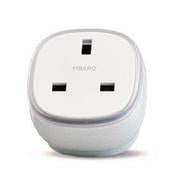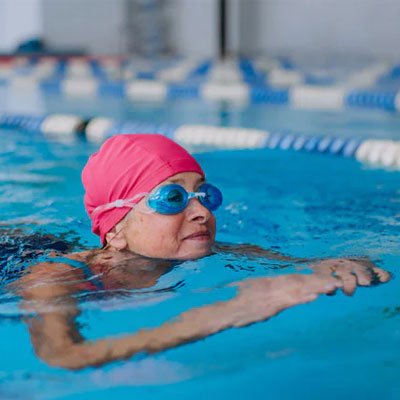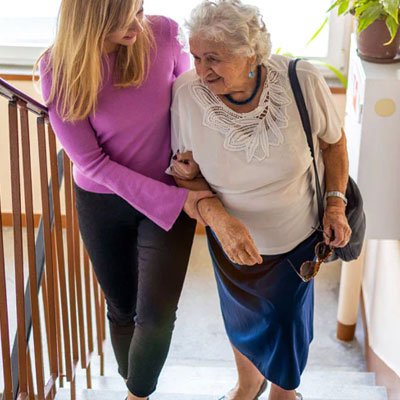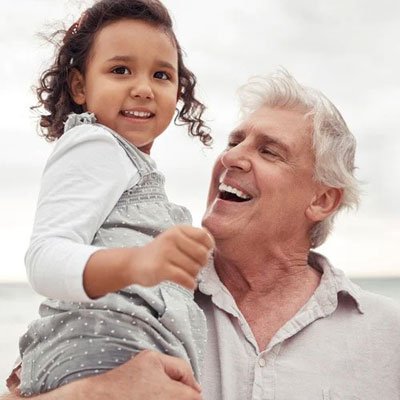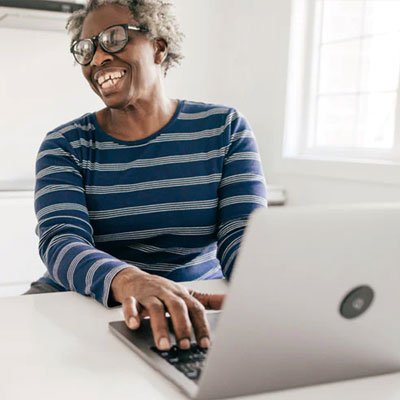To reduce the chances of falling, remove any objects or obstacles that may cause you to trip. Additionally, installing handrails and enhancing lighting can significantly contribute to ensuring a safer environment. Consistently engaging in physical activity and frequently checking for potential hazards in your living space are also effective measures to prevent falls.
Fall prevention
Falls are a major threat to older adults, with one in three over 65s experiencing them each year. Prioritising fall prevention can safeguard the health and safety of loved ones, especially older adults. To reduce risks, exercise regularly, wear comfortable shoes, and keep your loved one's home free of hazards.
Get Your Falls Risk Score
Every 10 seconds, a loved one in the UK has a fall. Find out your risk score in 2 minutes.
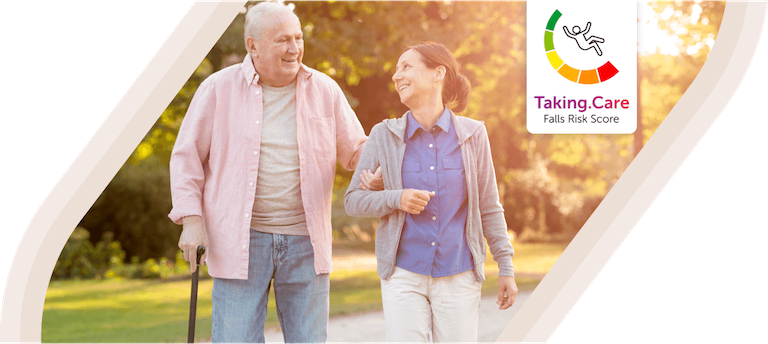
Home security
To ensure the safety and wellbeing of older adults our guide offers practical advice on fall prevention, home security, and health and wellbeing management.
Safety tips
Keep yourself safe and promote the wellbeing and independence of elderly loved ones by learning about essential safety tips, including fall prevention and home security.
How we can help
The features available with panic buttons for the elderly can vary, so it's important to find the right kind of personal alarm service for your needs, whether it's for yourself or a loved one.
Personal alarms for the home and out-and-about
Have the freedom to maintain an active lifestyle, with reassurance help is available wherever you are.
An Out-and-About Personal Alarm will also work in your home so you can get help from Taking Care's Emergency Resolution Team any time of the day or night.
Not sure which personal alarm to choose?
Call 0800 085 7371, Monday – Friday, 8am - 6pm and Saturday, 9am – 5pm, to speak with a Taking Care Sales Advisor.
Elderly care experts answer biggest questions about falls prevention
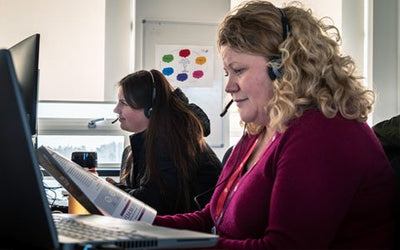
What are the steps to take to prevent falls?
What are the main causes of falls in the elderly?
Where do most falls happen?
What are the most common types of falls and accidents the elderly may have?
How should I help someone safely if they have fallen?
Read Betty's story
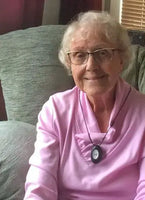

My personal alarm provides me with reassurance - I'm 93 and don't have any family so my alarm gives me the confidence to carry on doing the things I enjoy.
How a Taking Care personal alarm helps Betty to remain active at the age of 93.
Read Alice's Story
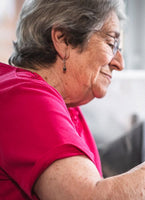

Alice's Gran was won over by the reassurance the monitored alarm service gives her and her family members.
Alice's Gran was sceptical about getting a falls alarm, until she needed to get help in an emergency. Now she loves her Taking Care Personal Alarm Service.

